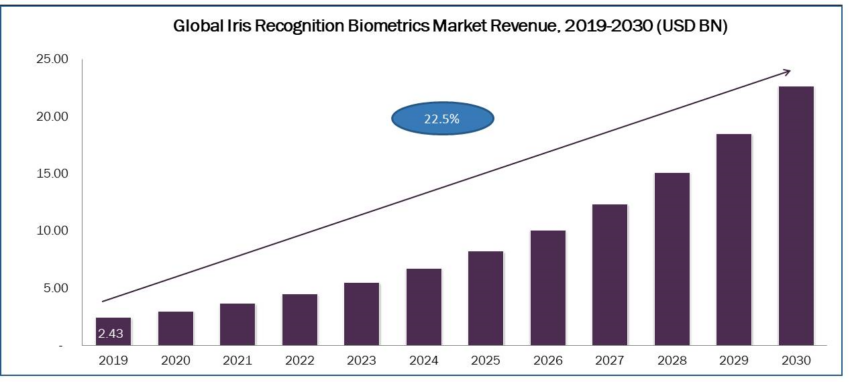Sam Altman’s Crypto Project: WorldCoin Raises Serious Privacy Concerns
Sam Altman, the esteemed CEO and founder of OpenAI as well as the brain behind ChatGPT, has stepped onto the Crypto scene with the official launch of his novel project, Worldcoin. However, the proposition, instead of garnering support, has spiraled a wave of severe criticism on social media platforms, with the majority of users pointing out the blatant privacy risks associated with the use of biometric data for identity verification purposes.
Worldcoin and World ID: Decoding the Vision
One of the most prominent features offered by Worldcoin is the “World ID,” designed to function as a “digital passport.” This unique system verifies the individuality and authenticity of users, ensuring that they are genuine humans, not AI bots. The project is steered by a San Francisco-based firm named ‘Tools for Humanity.’
An Overview of Worldcoin
Worldcoin encompasses a special cryptocurrency token named (WLD), positioning itself as the first-ever digital money to be distributed to individuals solely based on their human uniqueness. A uniquely engineered application, ‘World App,’ developed and operated under the supervision of Tools for Humanity, marks the debut of the World ID-compatible app. This app expands the prospects of easy and fast global payments, purchases, and transfers using digital assets and fiat-backed stablecoins.
The central vision that fuels this project aims to cater to the enormous count of approximately 4.4 billion individuals worldwide who lack a verifiable digital identity. The subsequent mission plans to utilize “privacy-preserving, decentralized, open-source solutions” to accomplish this goal.
Public Backlash on Worldcoin’s Launch
The high-profile launch has triggered a flurry of debates and discussions on social media platforms. Renowned crypto sleuth, ZachXBT, raised a red flag regarding the company’s practices.
“When in reality they have been exploiting people in developing countries. Verification that you’re a real person seems to only currently be enforced at the enrollment level. This has led to the emergence of a Black Market for accounts. Currently accounts got as low as $1 per account on Telegram.”
In addition to this, Worldcoin’s tokenomics have also been subjected to critical reviews. One such critic, Dylan LeClair, tweeted:
“Worldcoin taking a page out of SBF Solana eco playbook, launching and pumping a microcap shitcoin with 1% of the total supply in circulation. $22.8 billion fully diluted market cap,”
Critics on Privacy Risks and Tokenomics
John Deaton, a famous crypto lawyer, expressed his incredulous reaction when Worldcoin’s managers turned down the request to comment on token distribution. He pointed out:
“If there was ever a signal to RUN AWAY as fast as you can from a project, HERE IT IS. Is he saying he can’t tell you how to acquire it or what you’re acquiring because he might get sued?”
Many commentators have termed the use of the iris for identity verification as “Orwellian” and expressed concerns about privacy implications.
“Worldcoin is taking full advantage of the fact that the vast majority of humans are complete [expletive] idiots who lack any ability to critically think about why they shouldn’t be exchanging their retina scan for a few dollars worth of absolute shitcoin,” mentioned one of the commentators.

Global growth of iris recognition. Source: Next Move Strategy Consulting
Despite highlighting privacy as a central point in its announcement, Worldcoin has failed to convince observers. Skepticism about privacy remains at the forefront of the ongoing discussions about the launch of Worldcoin.
Further Concerns Raised
Many discordant voices have been raised, questioning the inconsistency between Worldcoin’s claims and actions.
“A closer look at @worldcoin reveals inconsistencies,” observed a user. “They claim privacy is their bedrock, yet they request and store ‘iris code data.’ This doesn’t equate to privacy.”
A multitude of users voiced a relevant question: “Will people line up to scan their eye for a useless token created out of thin air? If they do, central bank digital currencies and social credit scores are coming.”
“If the product is free then YOU are the product,” George Gammon pointed out.
Overall, the project has been rebuked as a “foul, wretched” shitcoin. It is an alarming fact that if individuals opt for such intrusive measures, they risk compromising not only their privacy but also their personal digital safety.